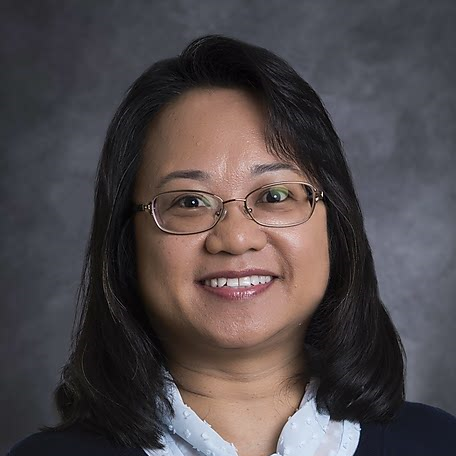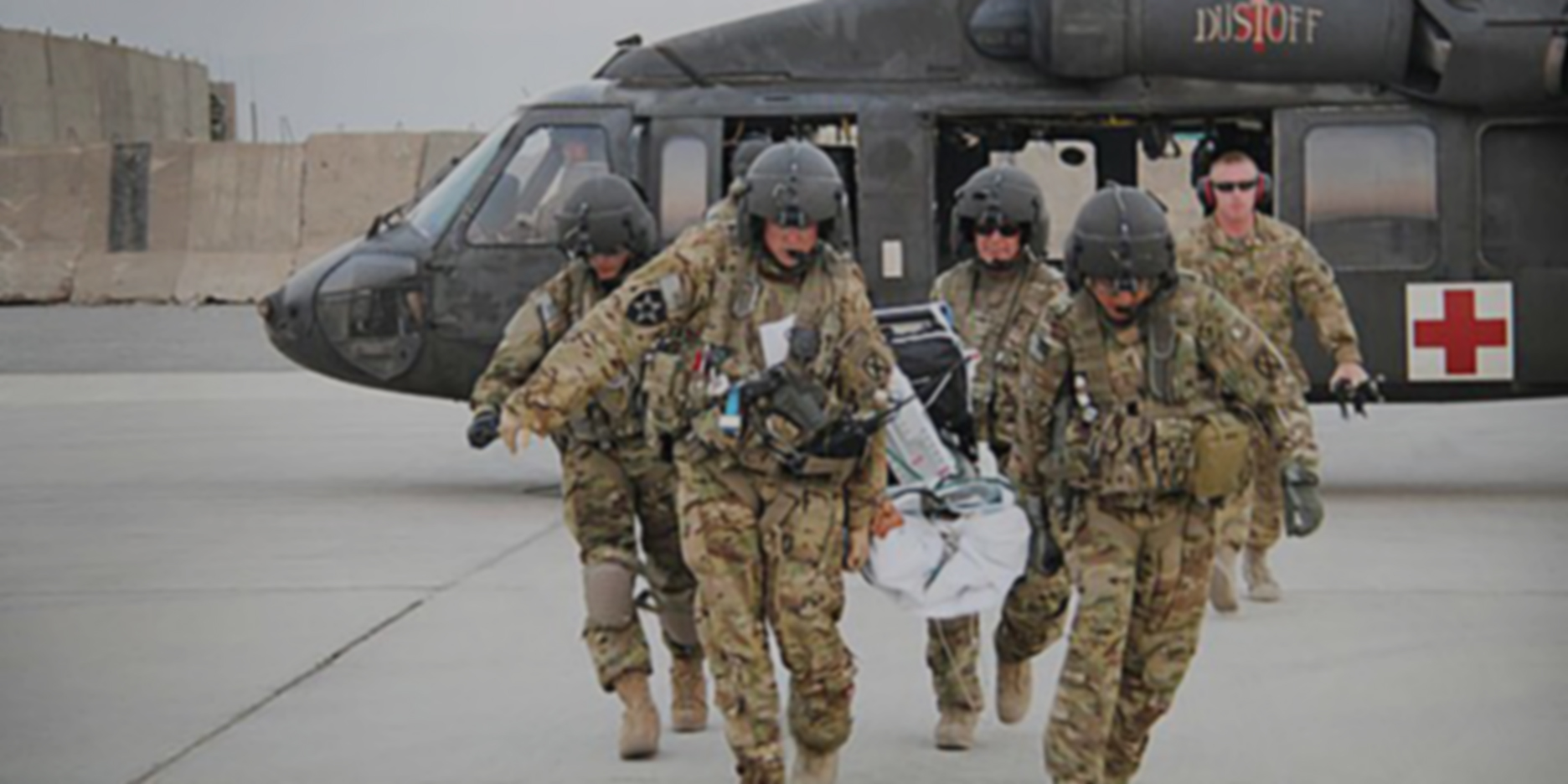Department of Medical Education
About the Department of Medical Education
The Texas A&M University Naresh K. Vashisht College of Medicine Department of Medical Education provides a mechanism to bring together core faculty educators committed to and passionate about moving the mission and vision of the college forward as it pertains to medical education. The department is dedicated to the education of our medical students as well as helping us to meet our goals of excellence around our college's mission and vision and ongoing full LCME accreditation.
Medical Education Mission
Commitment to promoting and developing excellence in educator-scholars and leaders in medical education.
Medical Education Vision
The Department of Medical Education has established the following areas of vision:
- Career/professional development and mentoring of all faculty within the department and within the school.
- Collaboration with the Office of Faculty Development to improve the quality of teaching within the school,
- Community outreach around topics of medical education
- Development of core educators to fulfill the teaching needs of the school
- Promotion of scholarly medical education research
- Sponsorship of medical education activities
Welcome from the Department Head of Medical Education

The Department of Medical Education at the Texas A&M University College of Medicine was created in 2018 to bring together core faculty educators who are committed to, and passionate about, moving the overarching mission and vision of the College of Medicine forward as it pertains to medical education. The specific mission of our department is to promote and nurture faculty within the college dedicated to the improvement and advancement of undergraduate and graduate medical education. The department includes basic scientists, clinicians, and medical educators whose activities focus on the education of learners that span undergraduate and graduate medical education and graduate studies.
Our departmental vision centers on the following key areas:
- Career and professional development
- Community outreach
- Interdepartmental collaboration
- Mentoring
- Scholarship and research around medical education
- Sponsorship of medical education activities
The formation of this new department brings together educators engaged in creating unparalleled advancement and opportunities within both the college and our community around medical education. The department brings together educators engaged in creating unparalleled advancement and opportunities within both the college and our community around medical education. Our goal is to support the growth, development and success of our educators whose primary focus is in developing and promoting excellence in teaching of the biomedical and clinical sciences and in leadership in medical education.
Career Educator Awards
Past Recipients
|
Career Educator Award - Dallas |
Geoffrey Funk, MD, Early Career Educator: |
|
Career Educator Award - Houston |
Andrew G. Lee, MD |
|
Career Educator Award - Houston North |
David Lim, MD Early Career Educator: |
|
Career Educator Award - Round Rock |
Roque Ruggero, MD |
|
Career Educator Award - Temple |
Phillip Antunes, MD |
|
Career Educator Award –Bryan-College Station |
Gloria Conover, PhD Instructional Assistant Professor |
What are the Awards?
Awards were created to recognize and honor dedication and outstanding teaching/leadership by a
member of the Texas A&M University College of Medicine employed/affiliated faculty and staff.
For each award, one faculty/staff member from each of our campuses and sites (10 locations total) will
be recognized annually with a plaque and professional development award.
Early Career Educator award = $1000
Mid-/Late-Career Educator award = $1200
Who can be Nominated?
Nominations are welcomed for any faculty or staff member in the Department of Medical Education who
meets the following eligibility requirements:
• For the Early Career Educator Award, the nominee must not have been involved in teaching,
mentoring, or leadership roles for more than six (6) years.
• For the Mid-to Late-Career Educator Award, the nominee must be involved in teaching,
mentoring, or leadership roles for greater than 6 years.
• The nominees for either award cannot have won the award previously.
The Early Career Educator Award nominee must be or have been involved in three or more of the
following activities. The Mid- to Late Career Educator Award nominee must be or have been involved
in four or more of the following activities.
• Teaching formal courses (UME, College of Medicine sponsored or affiliated residency
programs, graduate sciences education) or who has done so until the semester in which
the packet is submitted.
• Counseling and/or advising UME, GME, or graduate students.
• Directing UME or GME student research.
• Directing graduate student theses and/or dissertations.
• Serving as faculty advisor to student clubs/interest groups and/or activities.
• Developing and/or introducing innovative teaching methods.
• Participating in and/or directing development of new courses or curriculum.
• Participating in curriculum-related committees and/or task forces
Who can Nominate?
Nominations may be made by any campus or site dean, faculty, staff, student, or student organization
in the College of Medicine. Multiple nominations from each campus or site are welcome. We encourage
nominations for faculty and staff regardless of degree, area of focus, or appointments, provided that
above eligibility requirements are met. We encourage nominations of diverse teaching faculty and staff.
The College of Medicine values diversity in its people and programs and strives to foster a diverse,
inclusive, equitable, and respectful community.
Application Requirements
Forms
Medical Education Faculty Listings
Internal Funding Opportunities
- Funding Opportunities- More info coming soon
ASCEND
- Funding Announcements
Large Multidisciplinary Funding Opportunities
- https://grants.nih.gov/grants/guide/pa-files/PAR-20-119.html
- https://grants.nih.gov/grants/guide/pa-files/PAR-20-120.html
- https://grants.nih.gov/grants/guide/pa-files/par-18-940.html
- https://grants.nih.gov/grants/guide/pa-files/PAR-20-026.html
- https://grants.nih.gov/grants/guide/rfa-files/RFA-CA-20-029.html
- https://commonfund.nih.gov/sites/default/files/SPARC_Targeted_Needs_FOA_13may2020_508.pdf
- https://grants.nih.gov/grants/guide/pa-files/PAR-20-092.html
Affiliate Faculty Promotion Information
- Affiliate Faculty Dossier Example (PDF)
- Affiliate Faculty Dossier Template (PDF)
- Copy of Grants Summary Chart (XLS)
- Faculty Biography (DOC)
- Faculty Record-COM (DOC)
- College of Medicine Verification of Contents Statement (DOC)
- Campus Committee Report Template (DOC)
- Campus Dean Report Template (DOC)
